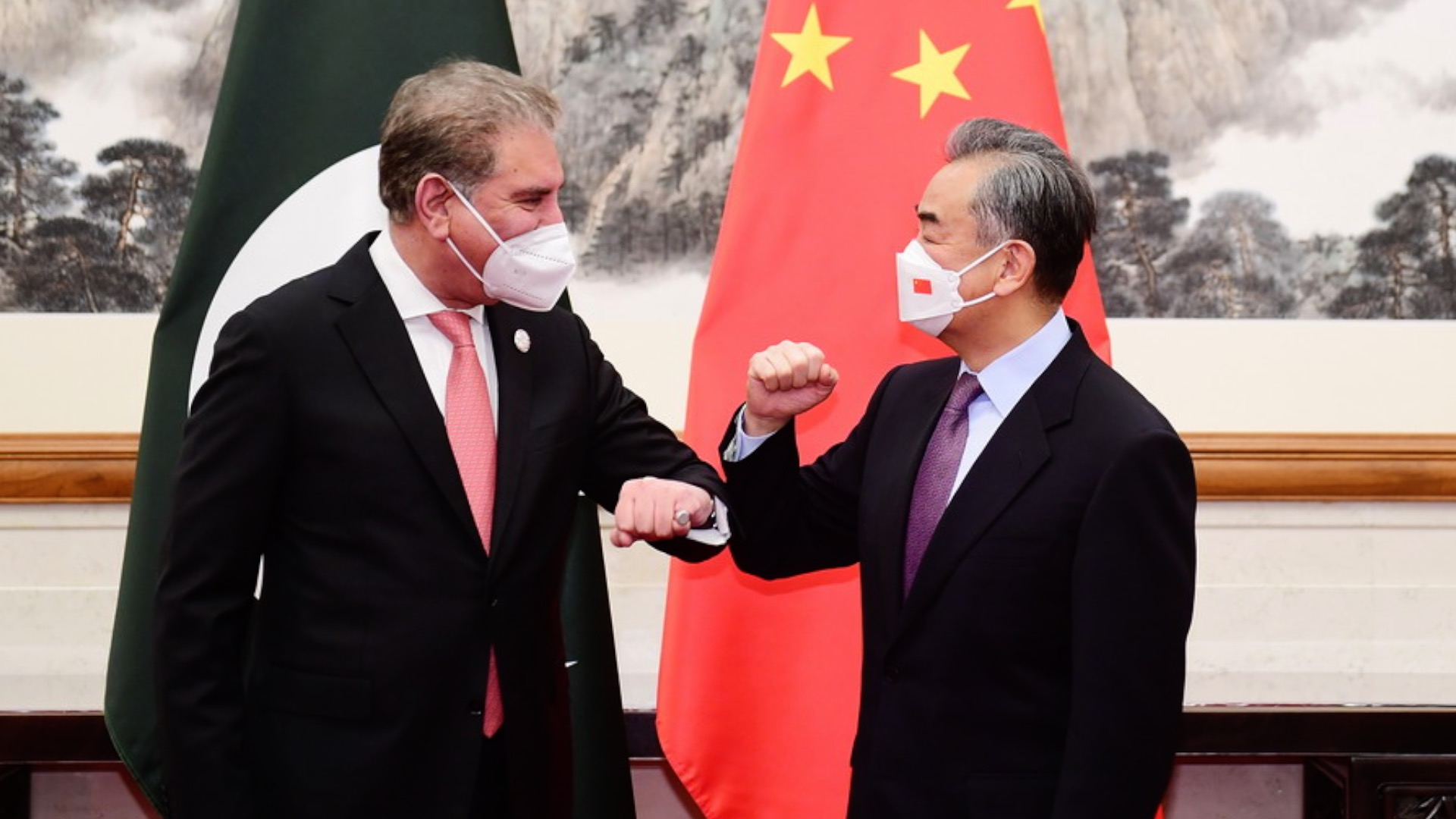Alright, folks, let’s unpack this. Today, Chinese Vice Foreign Minister Ma Chaoxu had a phone call with US Deputy Secretary of State Kurt Campbell. Sounds innocuous enough, right? Wrong. This isn’t just a polite chat; it’s a critical lifeline thrown between two superpowers navigating increasingly choppy waters.
Both sides agreed to ‘continue communication.’ That’s the official line. But let’s be real: ‘continue communication’ is code for ‘we are trying to prevent this from spiraling out of control.’ The stakes are enormous, and frankly, the air is thick with tension.
This call takes place against a backdrop of escalating trade disputes, geopolitical maneuvering in the Indo-Pacific, and simmering disagreements over Taiwan. Pretending everything is rosy would be delusional. It’s a pragmatic move, signaling a willingness – at least for now – to keep channels open.
Now, let’s dive a little deeper into the dynamics at play. Understanding this relationship requires understanding the concept of strategic competition.
Strategic competition isn’t necessarily about immediate conflict. It’s a long-term contest for influence, resources, and leadership on the world stage.
Both the US and China see themselves as rising—or maintaining—great powers. This inevitably leads to friction.
Furthermore, ‘communication’ in diplomacy isn’t about confessing vulnerabilities or making grand concessions. It’s about signaling intentions, managing risk, and preventing miscalculation.
This call likely involved firm reiterations of each side’s core positions. Expect very little genuine compromise at this stage. However, even maintaining dialogue is a victory in itself, preventing things from escalating further. We will continue to keep a very, very close eye on this situation.







